Ensure your bird’s health by providing a balanced diet and clean environment. Bird Health And First Aid are essential for keeping your pet safe, so administer first aid for minor injuries promptly.
Birds are delicate creatures that require attentive care to stay healthy. Proper nutrition, clean living spaces, and regular check-ups are essential. Birds can hide illnesses well, so observe their behavior closely. Quick first aid can prevent minor injuries from becoming serious.
Always keep basic first aid supplies on hand, like antiseptic and bandages. Understanding Bird Health And First Aid helps you manage common issues like feather plucking or minor cuts, ensuring your bird’s well-being. Consulting a veterinarian for any unusual signs is crucial. Prioritize your bird’s health for a happy, vibrant pet.
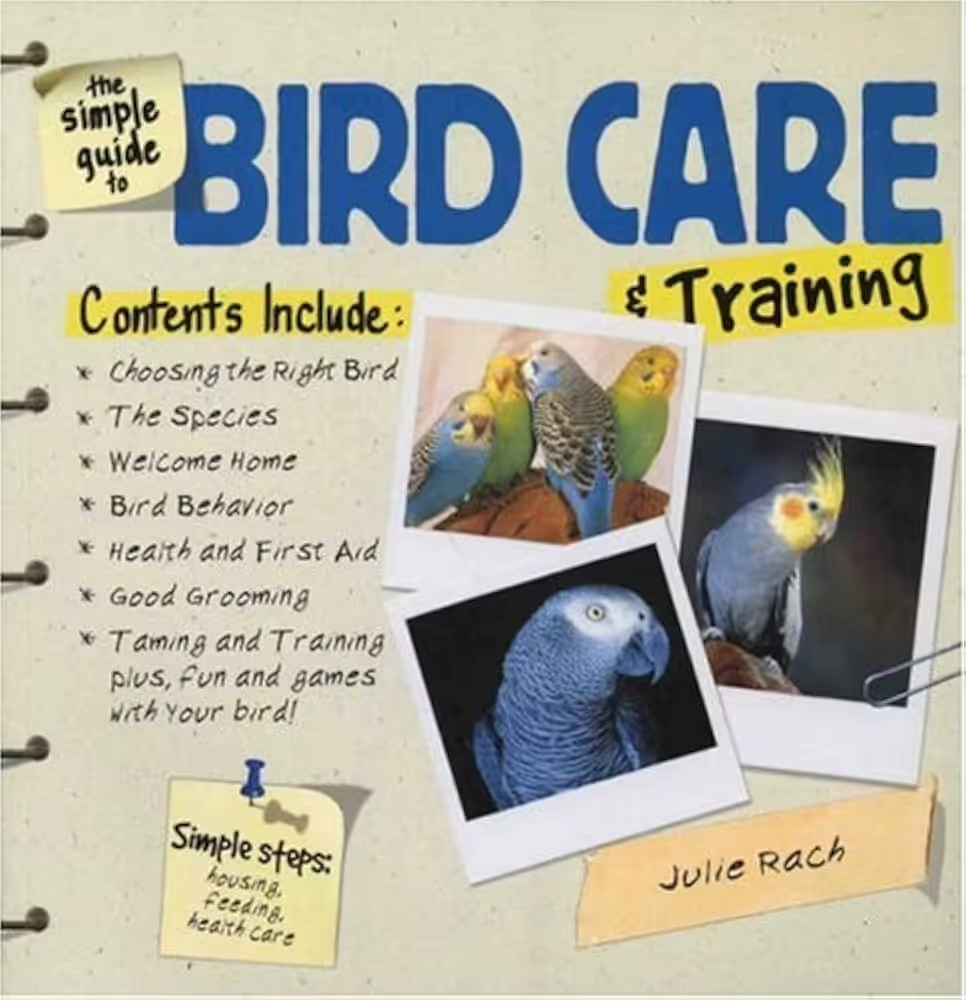
amazon.com
Common Bird Health Issues
Birds are delicate creatures and can face various health issues. It’s important to know the signs and symptoms of common bird health problems. This helps in providing timely care and first aid.
Respiratory Problems
Birds can suffer from respiratory problems due to infections or environmental factors. Common symptoms include:
- Coughing or sneezing
- Labored breathing
- Nasal discharge
- Wheezing or clicking noises
To prevent respiratory issues, keep your bird’s cage clean and free from dust. Ensure proper ventilation and avoid exposing your bird to smoke or strong odors.
If your bird shows signs of respiratory distress, contact a vet immediately. Early intervention is crucial for effective treatment.
Digestive Disorders
Digestive disorders in birds are often caused by poor diet or infections. Symptoms to watch for include:
- Diarrhea
- Vomiting
- Loss of appetite
- Abdominal swelling
Maintain a balanced diet for your bird, including fresh fruits and vegetables. Avoid giving your bird spoiled food or foods high in fat.
If digestive issues persist, seek veterinary help. Proper diagnosis and treatment can prevent severe health complications.
| Symptoms | Possible Causes |
|---|---|
| Diarrhea | Infections, poor diet |
| Vomiting | Infections, toxic foods |
| Loss of appetite | Stress, illness |
| Abdominal swelling | Infections, organ issues |
Bird feeders need to be safe to keep birds healthy. You can learn how to keep bird feeders safe by clicking here.
Recognizing Signs Of Illness
Birds often hide their illnesses. It’s important to notice early signs. Quick action can save your bird’s life. Here’s how to recognize the signs of illness in birds.
Behavioral Changes
Behavioral changes are often the first signs of illness in birds. Pay attention to these changes:
- Less Active: Your bird becomes less playful or energetic.
- Fluffed Feathers: It sits with feathers fluffed up for long periods.
- Changes in Vocalization: Noticeable decrease in chirping or singing.
- Unusual Sleep Patterns: Sleeping more than usual or at odd times.
Physical Symptoms
Physical symptoms can indicate that your bird is unwell. Look for these signs:
| Symptom | Description |
|---|---|
| Weight Loss | Sudden weight loss or a prominent keel bone. |
| Changes in Droppings | Diarrhea or unusual color in droppings. |
| Respiratory Issues | Wheezing, coughing, or nasal discharge. |
| Feather Loss | Excessive feather plucking or bald spots. |
| Swollen Eyes | Red, swollen, or watery eyes. |
Understanding these signs can help you act quickly. Ensure your bird’s health and happiness by staying observant.
Basic Bird First Aid Kit
Having a Basic Bird First Aid Kit is crucial for every bird owner. It ensures you’re prepared for emergencies. This kit can help with minor injuries and health issues. Below, you’ll find a list of essential supplies and instructions on how to use them.
Essential Supplies
| Item | Purpose |
|---|---|
| Gauze Pads | Stop bleeding and cover wounds |
| Scissors | Cut bandages and tape |
| Vet Wrap | Secure bandages in place |
| Antiseptic Solution | Clean wounds |
| Tweezers | Remove debris from wounds |
| Styptic Powder | Stop minor bleeding |
| Saline Solution | Flush eyes and wounds |
| Gloves | Maintain hygiene and prevent infection |
How To Use Them
Each item in your bird first aid kit has a specific use. Below are simple instructions for each:
- Gauze Pads: Apply to wounds to stop bleeding. Use them to cover injuries.
- Scissors: Use to cut bandages and tape. Ensure scissors are clean before use.
- Vet Wrap: Wrap around gauze pads to secure them. Do not wrap too tightly.
- Antiseptic Solution: Clean wounds before applying bandages. Use a small amount.
- Tweezers: Remove debris gently from wounds. Be careful not to cause more injury.
- Styptic Powder: Apply to minor cuts to stop bleeding. Use sparingly.
- Saline Solution: Flush out eyes and clean wounds. Use a clean container.
- Gloves: Wear gloves to maintain hygiene. Prevents infection during treatment.
Administering Medication
Administering medication to your bird can be challenging but essential. Understanding Bird Health And First Aid ensures proper medication administration, helping your bird heal quickly. Birds may require oral or topical medications depending on their ailment. Here are some tips to make the process smoother and less stressful for you and your feathered friend.
Oral Medications
Oral medications are often given through a syringe or dropper. Ensure the medication is at room temperature. Gently hold your bird in a towel to prevent flapping. Position the syringe at the side of the beak. Slowly administer the medication, allowing your bird to swallow.
- Use a towel to restrain your bird safely.
- Administer the medication slowly to avoid choking.
- Monitor your bird for any adverse reactions.
Consult your vet for the correct dosage and frequency. Always follow the vet’s instructions closely.
Topical Treatments
Topical treatments are applied directly to the bird’s skin or feathers. Clean the affected area before application. Use a cotton swab or pad to apply the medication. Be gentle to avoid causing stress or injury.
- Clean the area with a mild antiseptic.
- Apply the medication with a cotton swab.
- Observe your bird for any signs of irritation.
Protect the treated area to prevent your bird from ingesting the medication. Use a bird collar if necessary.
Administering medication may seem daunting, but with patience, you can help your bird recover swiftly.
Emergency Care Tips
Birds can get hurt easily. Knowing how to handle emergencies is crucial. These tips will help you provide the best care for your feathered friend.
Handling Injuries
Birds can injure themselves by flying into windows or getting caught in something. Follow these steps:
- Stay calm. Birds sense your anxiety.
- Secure the bird. Hold it gently but firmly to prevent further injury.
- Inspect the injury. Look for blood, broken bones, or swelling.
- Clean the wound. Use a saline solution or clean water.
- Apply pressure. Use a clean cloth to stop bleeding.
- Seek veterinary care. Contact a vet as soon as possible.
Dealing With Shock
Shock can occur after an injury. It’s a serious condition. Here’s what you should do:
- Keep the bird warm. Use a towel or blanket.
- Provide a quiet space. Reduce noise and light.
- Offer water. Use a dropper if necessary.
- Monitor breathing. Check for steady breaths.
- Contact a vet. Get professional help immediately.
| Signs of Shock | Action Required |
|---|---|
| Weakness or collapse | Keep warm, seek vet care |
| Rapid breathing | Provide a quiet space |
| Fluffed feathers | Offer water, monitor closely |
Preventative Care
Keeping birds healthy requires proactive measures. Preventative care is key. Regular check-ups, vaccinations, and proper diet can help. These steps ensure birds live long, happy lives.
Regular Vet Visits
Regular vet visits are crucial. Birds hide illnesses well. A vet can spot early signs of trouble. Schedule vet visits at least twice a year.
During the visit, vets check for common issues. These include beak overgrowth, feather problems, and respiratory issues. Early detection can save a bird’s life.
Vets also give advice on nutrition and care. They help create a tailored plan for your bird. Regular visits keep your bird in top shape.
Vaccinations
Vaccinations protect birds from deadly diseases. Some birds need vaccines for conditions like avian pox or psittacosis. Consult your vet about necessary vaccines.
Vaccines are safe and effective. They boost the bird’s immune system. This helps them fight off infections better.
Keep a record of your bird’s vaccinations. Update it with each visit. This ensures your bird is always protected.
| Vaccine | Protects Against | Frequency |
|---|---|---|
| Avian Pox | Avian Pox Virus | Annually |
| Psittacosis | Chlamydia psittaci | As Advised by Vet |
Preventative care is essential for bird health. Regular vet visits and vaccinations are vital. They ensure your bird stays healthy and happy.
Nutritional Needs
Bird health starts with meeting their nutritional needs. Birds need a variety of foods to stay healthy. A proper diet helps them grow strong and live longer.
Balanced Diet
A balanced diet is key for bird health. Birds need a mix of seeds, fruits, vegetables, and grains. Offering a variety of foods ensures they get all the nutrients they need.
| Food Type | Examples |
|---|---|
| Seeds | Sunflower seeds, pumpkin seeds |
| Fruits | Apples, berries, grapes |
| Vegetables | Carrots, spinach, broccoli |
| Grains | Oats, barley, quinoa |
Feed fresh fruits and vegetables daily. Avoid processed foods and sugary treats. Fresh water is also essential. Change water daily to keep it clean.
Supplements
Sometimes, a bird’s diet needs extra supplements. Calcium, vitamins, and minerals are important.
- Calcium: Supports bone health and egg production.
- Vitamins: Boosts immunity and overall health.
- Minerals: Helps in various body functions.
Use supplements as directed by a vet. Overuse can harm your bird. Monitor your bird’s health regularly to ensure they are thriving.
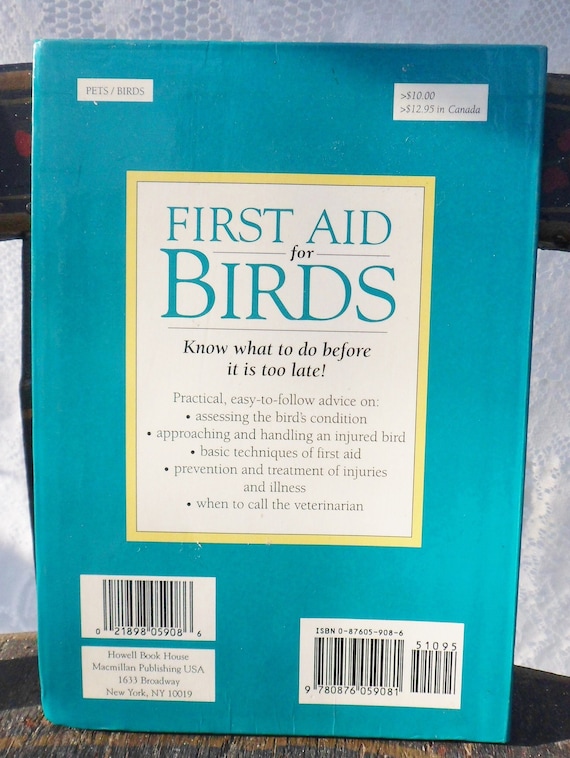
What are the symptoms of a bird’s illness?
Birds are skilled at masking symptoms, often appearing healthy until their condition worsens. To ensure timely intervention, it’s crucial to recognize subtle changes in behavior, appearance, and habits. Here are some common signs that may indicate illness:
- Changes in Appetite and Weight: If your bird is eating less, ignoring favorite foods, or rapidly losing weight, it might be unwell. Weigh your bird regularly to spot any concerning changes early.
- Unusual Droppings: Observe changes in the color, consistency, or frequency of your bird’s droppings. Diarrhea, for example, can indicate digestive issues, while green or yellow droppings may suggest liver problems.
- Behavioral Shifts: A normally active bird becoming lethargic or a social bird isolating itself may indicate stress or illness. Increased aggression, biting, or squawking can also signal discomfort or pain.
- Breathing Difficulties: Labored breathing, open-mouth breathing, or sounds like wheezing and clicking are symptoms of respiratory distress. Check for nasal discharge or inflamed nostrils as well.
- Changes in Feather Condition: A healthy bird maintains smooth, glossy feathers. Ruffled or dull feathers, excessive molting, or feather plucking may be signs of malnutrition, skin issues, or stress.
- Eye and Beak Changes: Swelling, discharge, or cloudiness in the eyes, as well as any abnormalities in beak shape or texture, should be addressed quickly, as these can indicate infections or underlying health problems.
Recognizing these symptoms early on can make a significant difference in your bird’s health outcome. If you observe any of these signs, consult a veterinarian promptly to ensure your bird receives the necessary care.
Creating A Healthy Environment
Birds need a clean and safe home to stay healthy. A healthy environment helps them stay happy and active. Follow these tips to create the best home for your feathered friend.
Cage Hygiene
Keep your bird’s cage clean to prevent diseases. Clean the cage daily. Remove droppings, old food, and dirt. Use bird-safe cleaners to wipe down the cage bars and perches. Change the cage lining every day. A clean cage keeps your bird healthy and happy.
Wash food and water dishes daily. Rinse them well to remove soap. Dirty dishes can grow harmful bacteria. Fresh food and water are very important for your bird’s health.
| Task | Frequency |
|---|---|
| Remove droppings and old food | Daily |
| Clean cage bars and perches | Weekly |
| Change cage lining | Daily |
| Wash food and water dishes | Daily |
Safe Toys
Birds love to play. Toys keep them busy and happy. Choose toys that are safe for birds. Avoid toys with small parts. Birds can swallow them and choke. Choose toys made of natural materials. Wood, rope, and paper are good choices.
Rotate toys to keep your bird interested. Birds get bored with the same toys. Change toys every week. Check toys for wear and tear. Broken toys can hurt your bird. Replace them with new ones.
- Choose bird-safe toys
- Avoid small parts
- Pick natural materials
- Rotate toys weekly
- Check for damage
Bird First Aid Kit
A well-stocked first aid kit is a must-have for any bird owner. Birds are fragile, and even minor injuries or illnesses can rapidly progress if not addressed quickly. Having a dedicated bird first aid kit allows you to act swiftly when accidents occur, ensuring you’re ready for anything from minor cuts to more serious situations.
Essential Items for a Bird First Aid Kit:
- Gauze Pads: Useful for covering wounds and stopping bleeding.
- Scissors: To cut bandages or remove small foreign objects safely.
- Vet Wrap: Wrap to secure bandages without restricting movement.
- Antiseptic Solution (like diluted betadine): For cleaning wounds. (Instructions on dilution provided below.)
- Tweezers: For carefully removing debris from wounds.
- Styptic Powder: A helpful item for controlling minor bleeding.
- Saline Solution: Ideal for flushing eyes and cleaning wounds.
- Gloves: Protects both you and your bird from infection and ensures hygiene during treatment.
Bird Health and First Aid Tips at Home
Bird owners should be equipped to handle minor health issues and provide first aid at home. By understanding basic first aid techniques and health monitoring practices, you can significantly contribute to your bird’s well-being and possibly prevent the escalation of minor problems into major health crises.
Here are some practical tips for providing at-home first aid and health monitoring:
- Observation and Monitoring: Birds often hide signs of illness, so it’s crucial to observe subtle changes in behavior, appetite, and physical appearance. Look out for indicators like fluffed feathers, changes in droppings, reduced activity, and altered vocalizations.
- Wound Care: If your bird suffers a minor wound, first clean it with a diluted antiseptic solution like betadine. Gently pat the wound dry and apply a small amount of bird-safe antibiotic ointment. Avoid overhandling the bird, as stress can exacerbate their condition.
- Nutritional Support: Keep your bird’s diet rich in fresh fruits, vegetables, grains, and seeds to support overall health and immune function. Avoid giving foods high in fat, salt, or artificial ingredients, as these can negatively impact health over time.
- Environment Management: Ensure your bird’s environment is clean and free from potential hazards. Daily cage cleaning, providing fresh water, and removing old food help minimize exposure to harmful bacteria and allergens.
Bird Health And First Aid : Antibiotic Ointment for Birds
Antibiotic ointments can be beneficial for birds but must be selected carefully. Opt for plain antibiotic ointments without added pain relievers, as the additional ingredients can be harmful.
Recommended Use:
- Application: After cleaning a wound, apply a very light layer of bird-safe antibiotic ointment.
- Frequency: Apply no more than twice daily to prevent excessive moisture, which could interfere with healing.
- Avoid Overuse: Using too much ointment or applying it too frequently can lead to moisture buildup, which can inhibit proper healing.
When in doubt, always consult a veterinarian before using any medication or ointment on your bird.
Parrot First Aid Kit
For parrot owners, a specific first aid kit can help address the unique health needs and behaviors of parrots, who are known for their intelligence and curiosity. Parrots often get into situations that lead to small injuries or health issues, so a dedicated kit is beneficial.
Parrot-Specific First Aid Items:
- Beak and Claw Care Supplies: Parrots are prone to beak and claw injuries, so include styptic powder or cornstarch to stop bleeding from minor cuts.
- Bird Collar: Prevents parrots from picking at wounds or bandages.
- Vitamin and Mineral Supplements: These can aid in recovery if your parrot is showing signs of malnutrition or stress-related feather plucking.
Additionally, learning restraint techniques for parrots can make administering first aid easier and safer.
What Can I Put on a Bird Wound?
When treating a wound on a bird, it’s crucial to use bird-safe materials. Birds are sensitive to many substances, so choosing appropriate products is essential.
Safe Wound Treatment Steps:
- Clean the Area: Gently flush the wound with a diluted betadine solution or saline.
- Apply Bird-Safe Antibiotic: A small amount of bird-safe antibiotic ointment, like a thin layer of Neosporin (without pain relief), can be applied sparingly.
- Cover If Necessary: For larger wounds, lightly cover the area with gauze and vet wrap. Make sure not to restrict the bird’s movement or breathing.
Never use ointments containing pain relief or substances toxic to birds, as they could ingest these while grooming.
Can a Bird Wound Heal on Its Own?
Birds can heal from minor wounds independently, especially if kept in a clean and stress-free environment. However, any wound should be observed closely to ensure no signs of infection develop. Here’s when to allow a wound to heal on its own versus when to intervene:
- Small Scrapes and Cuts: These can usually heal on their own if the bird is kept in a clean cage.
- Larger Wounds: Require immediate cleaning and possibly veterinary intervention, especially if the wound is bleeding profusely or located near a joint.
- Signs of Infection: Look for swelling, redness, or unusual discharge. If these appear, contact a vet promptly.
Bird Health and First Aid Tips PDF
When it comes to caring for birds, many pet owners find it helpful to have a quick reference guide. A “Bird Health and First Aid Tips” PDF can be an invaluable tool. This document can serve as a go-to resource, offering essential information on keeping birds healthy, identifying signs of illness, and performing basic first aid at home. Creating or finding a printable PDF provides a ready reference that can be stored alongside your bird’s supplies.
What should be included in a Bird Health and First Aid PDF? This guide should cover several core areas, including:
- Nutritional Requirements: Outline daily dietary needs specific to different bird species. Highlight foods rich in vitamins, minerals, and essential nutrients.
- Common Health Issues: Describe frequent health problems like respiratory issues, digestive disorders, and feather plucking. Mention signs and symptoms for early detection.
- First Aid Essentials: Detail the contents of a basic first aid kit and step-by-step guides for handling common injuries and conditions.
- Emergency Care Protocols: Provide instructions for dealing with emergencies, like broken wings, bleeding, or shock. Here you will find a PDF
Why Aren’t Birds Coming to My Feeder? Fix Common Mistakes Fast
A bird feeder can bring joy to any backyard. However, sometimes birds may avoid visiting.
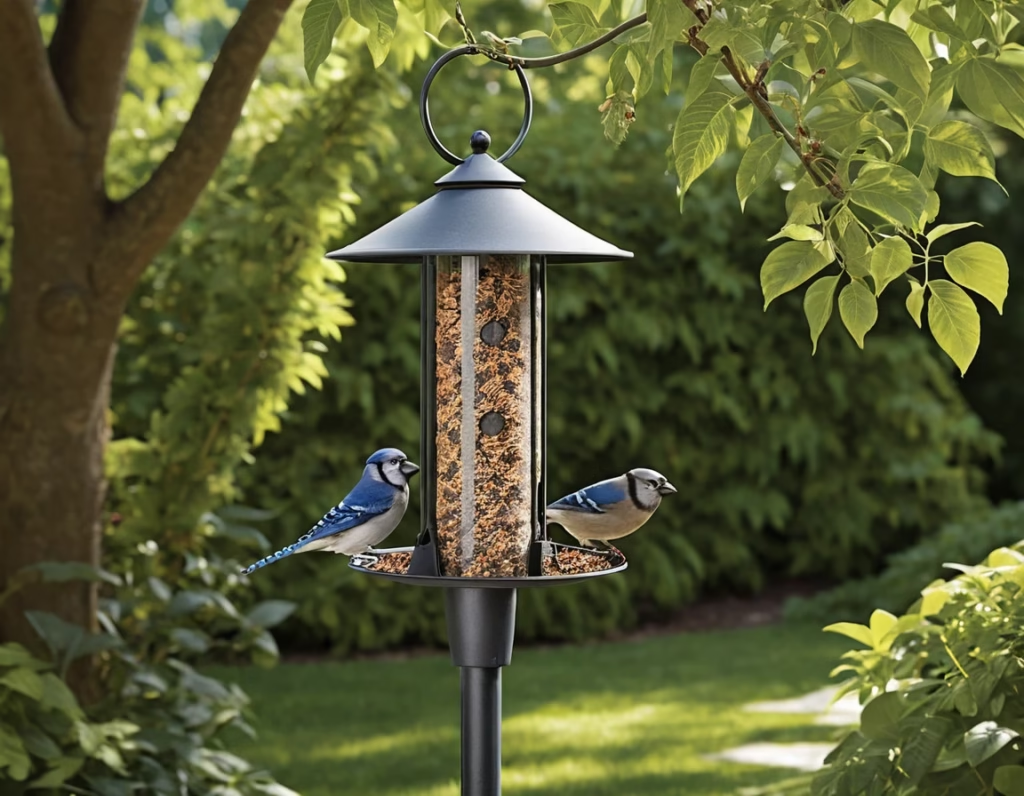
Frequently Asked Questions for Bird Health And First Aid
Common bird health problems include respiratory issues, feather plucking, and digestive disorders. Regular vet check-ups can help prevent these.
Signs of a sick bird include lethargy, abnormal droppings, and loss of appetite. Consult a vet immediately if you notice these symptoms.
A bird first aid kit should include antiseptic wipes, bandages, tweezers, and a styptic powder. Always have an avian vet’s contact information handy.
Maintain your bird’s health by providing a balanced diet, fresh water, and a clean living environment. Regular exercise is also crucial.
Bird food and feeders should be selected based on the species and type of bird. Click here if you want to know more about this.
If you have further questions comment Please.
Conclusion
Caring for your bird’s health is crucial for its happiness. Early detection of issues can save your pet’s life. Always keep a first aid kit handy. Regular check-ups with a vet are essential. Your feathered friend deserves the best care, ensuring a long and joyful life.
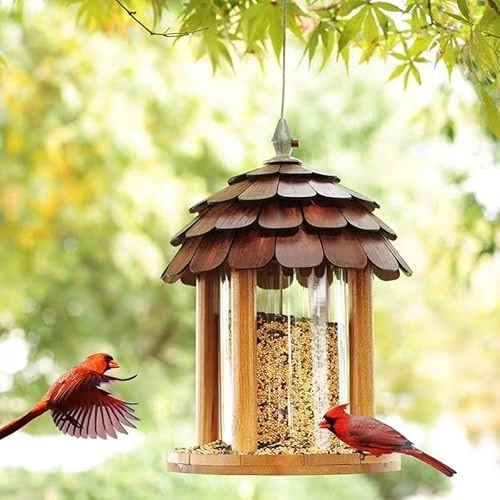

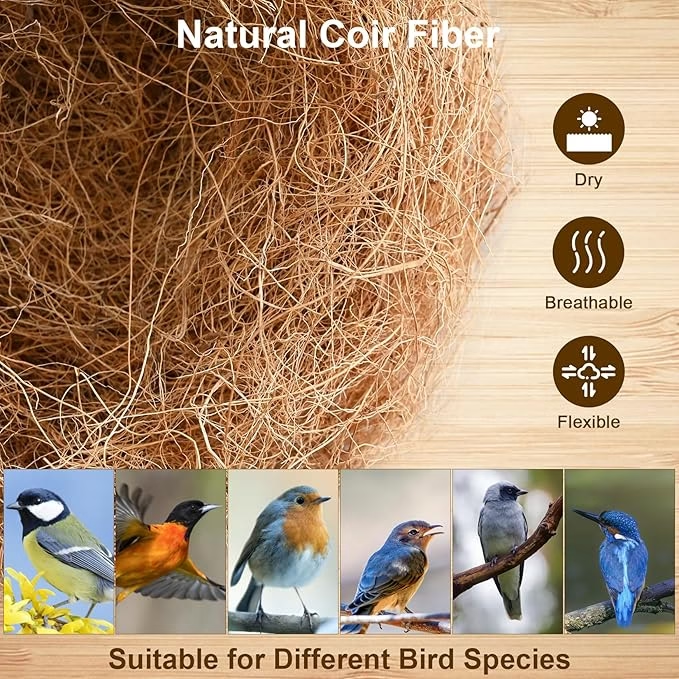

I’m really impressed together with your writing skills
and also with the layout to your blog. Is this a paid subject
matter or did you customize it yourself?
Anyway keep up the excellent high quality writing, it is uncommon to
look a nice weblog like this one these days.
LinkedIN Scraping!
my web-site … Snipfeed